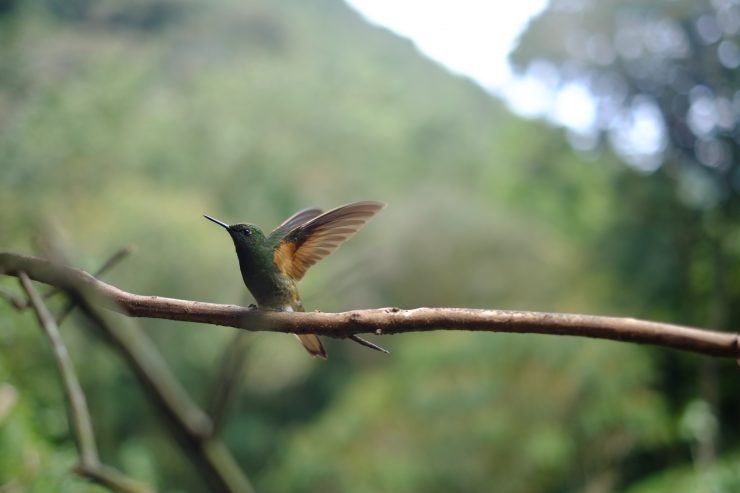
A review of Sy Montgomery’s books, The Soul of an Octopus: A Surprising Exploration into the Wonder of Consciousness; Birdology: Adventures with Hip Hop Parrots, Cantankerous Cassowaries, Crabby Crows, Peripatetic Pigeons, Hens, Hawks, and Hummingbirds; and Walking with the Great Apes: Jane Goodall, Dian Fossey and Biruté Galdikas.
The Soul of an Octopus and Birdology bring you close to the animals that Sy Montgomery, a naturalist, so carefully observes. Birdology is an wonderful exploration of bird intelligence and their abilities. Some birds can fly for thousands of kilometres at a time! The learning and adaptation that octopuses are capable of eliminates any thought of them lacking intelligence. The Soul of an Octopus shows that octopuses may have small brains but have huge problem solving capabilities, like changing shape and colour to hide from predators. They are endlessly curious and learn from their experiences.
In Walking with the Great Apes Montgomery traces the footsteps of the remarkable women who dedicate their lives to understanding and protecting the great apes. Jane Goodall, Biruté Galdikas and the late Dian Fossey have all contributed to our knowledge of human evolution. In the past 50 years, the great apes have gone from being feared as beasts of the forests to respected as our closest biological relatives. Walking with the Great Apes recounts each woman’s courage and perseverance to learn directly from the apes themselves.
In all three books Montgomery demonstrates the kind of care and learning required to truly understand life. There is much to be learned from her commitment to learning as well as the beings she has chosen to learn from.
Octopuses, birds and great apes related? Yes, they are. We are all related. It’s hard to imagine how we might be related to octopuses or birds. We don’t have feathers, eight appendages or fly. Seeing our similarities in the great apes, that’s easier. We recognize human-like characteristics in apes, like their hands, facial expressions and how they interact with their young.
All life is linked through our ability to learn. All life has adapted over time, pushing back threats and taking advantage of opportunities. From the first signs of life on earth this learning led to our human existence, it’s our process of becoming. This makes all of life related by millions of years. We, humans, are embedded in an ecology of life.
For all life, learning is passed on through the evolution of genes at the species level, but this is a slow process. Humans also pass on their learning to the next generation through culture. Human Learning Ecology defines culture as our accumulated habits, resources and capabilities for identifying and dealing with life challenges. Some animals can create and pass on culture, like elephants who teach their young how to forage. However, human beings adapt the fastest and most commonly through culture.
Belonging to a group is one of humankind’s deepest desires. We’re a social species, like our primate ancestors. Evolutionary biologists suggest that keeping track of our many social relationships over our long lives was one of the factors driving the evolution of the human brain. In fact, intelligence itself is most often associated with similarly social and long-lived creatures, like chimps, elephants, parrots and whales.The Soul of an Octopus
Humans have adapted so quickly that we’ve threatened other species on the planet. Human caused climate change and population expansion is stressing other life forms and because of their inability to adapt as quickly as humans, they go extinct.
Sy Montgomery’s books create an image of our collective ancestry. Why is this important? When we see humanity in all living beings we care about more than just our own species. No matter what other communities we belong to, we belong to two fundamental communities, life and humanity. Obligations to smaller communities, be it our social group or nation, can blind us to needs the greater community of life. If we connect our own process of becoming with humanity’s process of becoming, it will shift the way we prioritize and carry out our obligations. This is critical because the kind of learning and solutions we need for our civilizations greatest threats, need to be informed with all of life in mind.
In other, older cultures than our own, in which people live closer to the Earth, humans do not look down on animals from an imaginary pinnacle. Life is not divided between animals and people, nonhuman and human; life is a continuum, interactive, interdependent. Humans and animals are considered companions and co-players in the drama of life. Walking with the Great Apes
For more on Sy Montgomery and her books, go to her website: symontgomery.com
